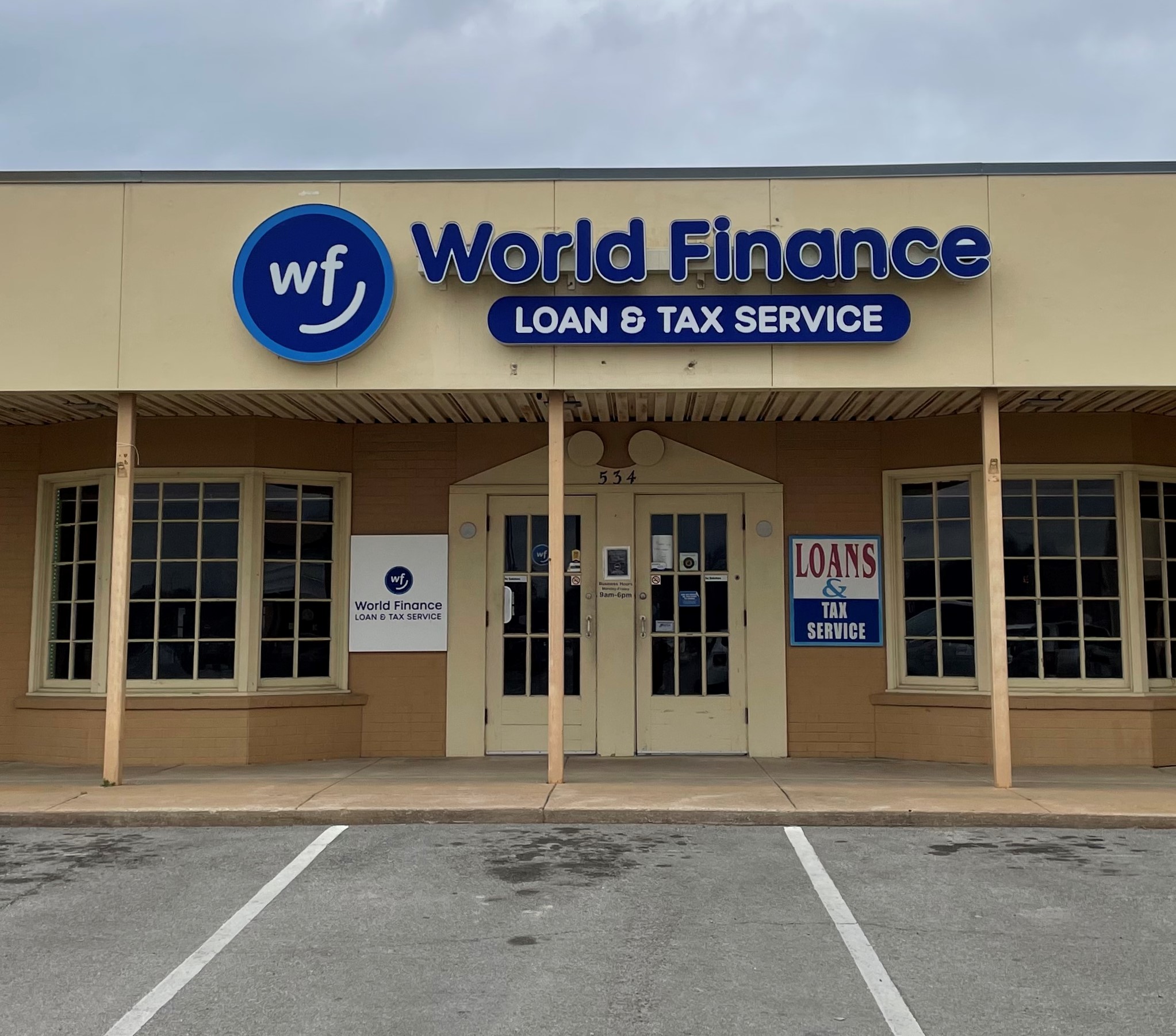The Shifting Sands of Regional finance: A Bartlesville Perspective
Bartlesville, Oklahoma, a city steeped in oil history and quiet Midwestern charm, presents a fascinating microcosm of regional finance. While its boomtown days are behind it, the city’s economic landscape continues to evolve, reflecting broader national trends while navigating unique local challenges. This analysis delves into the intricate tapestry of Bartlesville’s financial ecosystem, exploring its historical roots, current realities, and future prospects.
Bartlesville’s financial narrative is inextricably linked to the Phillips Petroleum Company. The company’s rise in the early 20th century fueled the city’s growth, attracting workers, businesses, and, consequently, financial institutions. Early banks, often established by local entrepreneurs, played a crucial role in facilitating the oil boom, providing capital for drilling operations, infrastructure development, and burgeoning retail businesses.
The Role of Community Banks

Community banks, deeply rooted in local relationships, became the backbone of Bartlesville’s financial sector. They understood the nuances of the local economy, the cyclical nature of the oil industry, and the importance of personal connections. These institutions fostered a sense of stability and trust, essential for navigating the uncertainties of a resource-dependent economy.
The Impact of National Financial Trends
However, Bartlesville’s financial landscape was not immune to national trends. The Great Depression, for instance, severely impacted local banks, leading to closures and consolidations. Later, deregulation in the late 20th century spurred further consolidation, with larger regional and national banks acquiring smaller community institutions.
Today, Bartlesville’s financial sector is a blend of traditional community banking and larger regional and national players. While the oil industry remains a significant economic driver, the city has made strides in diversifying its economy, attracting businesses in sectors such as healthcare, manufacturing, and technology.
The Continued Importance of Community Banks

Community banks continue to play a vital role, providing personalized services and supporting local businesses. They understand the unique challenges faced by small and medium-sized enterprises (SMEs) in Bartlesville, offering tailored loan products and financial advice.
The Rise of Credit Unions
Credit unions, with their member-owned structure and focus on community development, have also gained prominence. They offer competitive interest rates and a range of financial services, catering to the needs of individuals and families.
Navigating the Digital Age
The digital revolution has transformed the way financial services are delivered. Online banking, mobile apps, and digital payment platforms have become ubiquitous, offering convenience and accessibility. However, these advancements also pose challenges for traditional institutions, requiring them to adapt to evolving customer expectations and invest in technology.
The Challenge of Economic Diversification
Despite efforts to diversify, Bartlesville’s economy remains sensitive to fluctuations in the oil market. The recent volatility in oil prices has underscored the need for further diversification, attracting businesses in sectors less susceptible to commodity price swings.
The Role of Investment and Wealth Management

With a significant population of retirees and a growing number of affluent residents, investment and wealth management services have become increasingly important. Financial advisors, investment firms, and trust companies offer a range of products and services to help individuals and families manage their assets and plan for the future.
Real Estate and Mortgage Lending
The real estate market in Bartlesville, like many other regions, is influenced by interest rates, economic conditions, and demographic trends. Mortgage lenders, including banks, credit unions, and specialized mortgage companies, play a crucial role in facilitating homeownership and real estate investment.
Insurance and Risk Management
The insurance sector, encompassing property and casualty, life, and health insurance, provides essential protection against financial risks. Local insurance agencies and brokers offer personalized services and advice, helping individuals and businesses mitigate potential losses.
Small Business Finance and Entrepreneurship
Small businesses are the lifeblood of Bartlesville’s economy, providing jobs and contributing to the city’s vibrancy. Access to capital is critical for small business growth and expansion. Local banks, credit unions, and community development financial institutions (CDFIs) offer a range of loan products and financial assistance programs.
Retirement Planning and Senior Financial Services
Bartlesville has a significant population of retirees, creating a demand for specialized financial services. Retirement planning, estate planning, and long-term care financing are essential considerations for seniors. Financial advisors and elder law attorneys provide guidance and support in these areas.
Technological Innovation and Digital Transformation
The financial sector in Bartlesville, like elsewhere, must embrace technological innovation to remain competitive. Investing in digital infrastructure, cybersecurity, and data analytics is crucial for providing seamless and secure financial services.
Attracting and Retaining Talent
Attracting and retaining skilled professionals in the financial sector is essential for the city’s long-term growth. Bartlesville needs to create a vibrant and attractive environment for young professionals, offering competitive salaries, career development opportunities, and a high quality of life.
Addressing Economic Inequality
Economic inequality is a growing concern in many regions, including Bartlesville. Financial institutions have a role to play in promoting financial inclusion and access to credit for underserved communities.
Sustainability and Environmental, Social, and Governance (ESG) Factors
Increasingly, investors and consumers are considering ESG factors in their financial decisions. Financial institutions in Bartlesville need to integrate sustainability principles into their operations and investment strategies.
The Future of the Oil Industry’s Role
While diversification is important, the oil industry will likely remain a significant part of Bartlesville’s economy. The city needs to adapt to the changing energy landscape, embracing renewable energy sources and sustainable practices.
Bartlesville’s financial landscape is a dynamic interplay of tradition and innovation. The city’s rich history, rooted in the oil industry and community banking, provides a strong foundation. However, the future success of Bartlesville’s financial sector depends on its ability to adapt to evolving economic conditions, embrace technological advancements, and address the challenges of economic diversification and inequality.
By fostering a collaborative environment among financial institutions, businesses, and community organizations, Bartlesville can create a thriving and resilient financial ecosystem that supports the city’s long-term prosperity. The key lies in finding a balance between preserving the values of community banking and embracing the opportunities presented by the digital age and a changing global economy.
